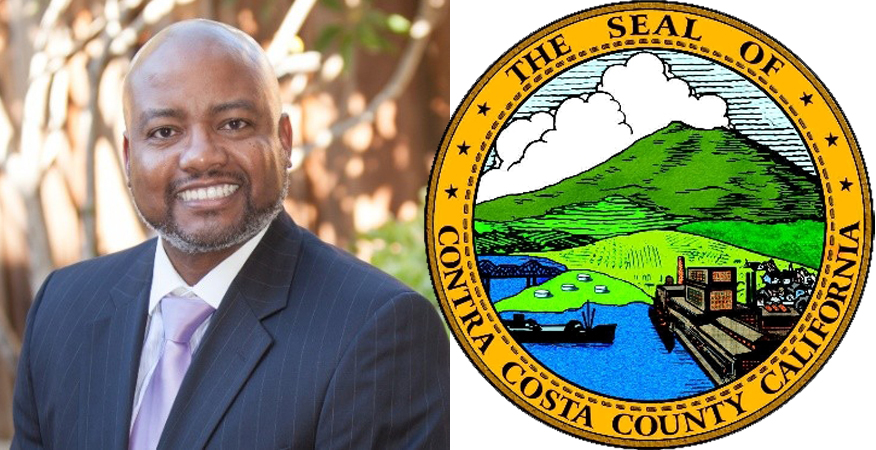By Contra Costa CHP
ORINDA, Calif. – A two-vehicle crash early this morning has resulted in fatal injuries to one driver.
On March 14, 2025, at approximately 8:20 a.m., officers assigned to the California Highway Patrol’s (CHP) Contra Costa Area office responded to a two-vehicle crash which occurred on Hwy 24 eastbound at Wilder Road in Orinda.
Our preliminary investigation indicates a blue Ford Flex, solely occupied by an adult male driver, was traveling eastbound on SR-24 at Wilder Road, when, for reasons still under investigation, it crashed into the rear of a red Toyota Corolla traveling in the same direction.
The adult male driver and sole occupant of the Toyota was uninjured. The driver of the Ford, who was not wearing a seatbelt, was ejected from the vehicle and was tragically pronounced deceased at the scene. It is still under investigation whether DUI was a factor in this crash.
All lanes of SR-24 eastbound were closed at approximately 8:44 a.m., for on-scene investigation, and were re-opened at approximately 11:34 a.m.
According to Officer Dan Gilmore, CHP-Contra Costa PIO, the deceased was 32 years old.
This crash remains under investigation. If anyone witnessed the incident or the events leading up to it, please contact the Contra Costa Area office in Martinez at (925) 646-4980 or email your contact information to 320Investigations@chp.ca.gov to be contacted by the investigating officer.
The Mission of the California Highway Patrol is to provide the highest level of Safety, Service, and Security.
Allen D. Payton contributed to this report.











